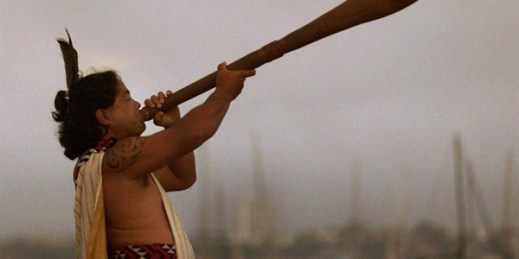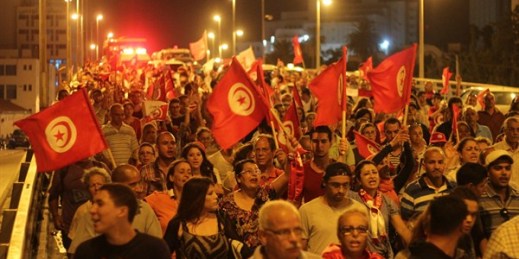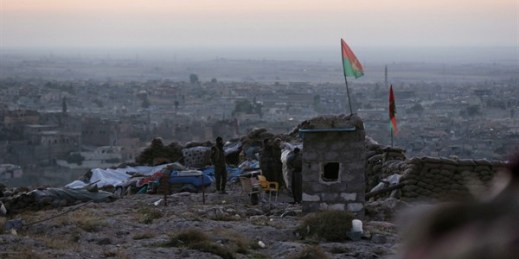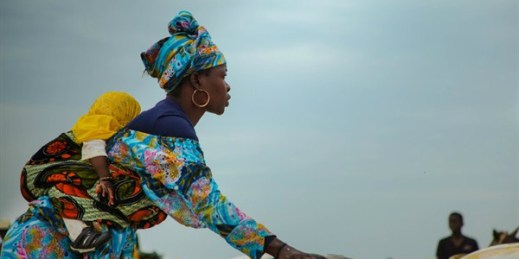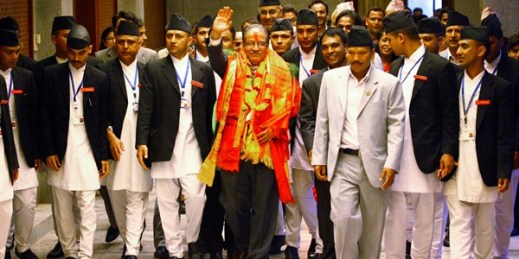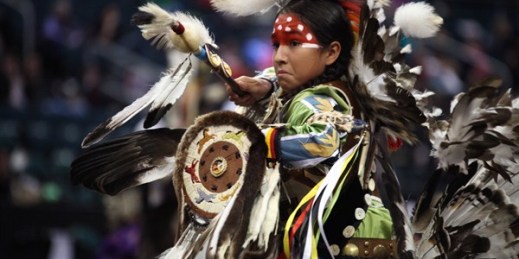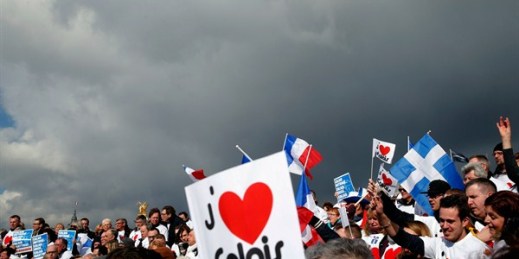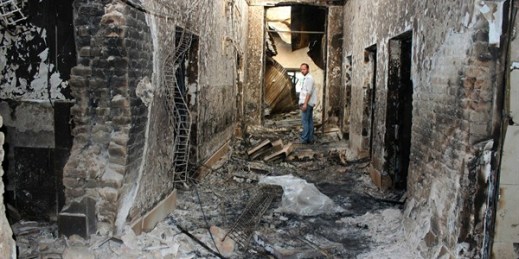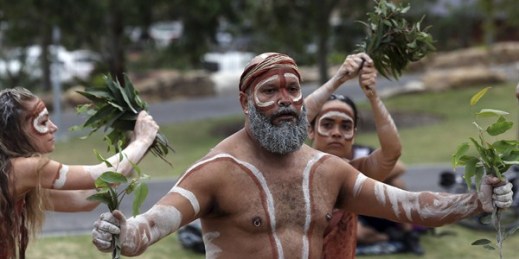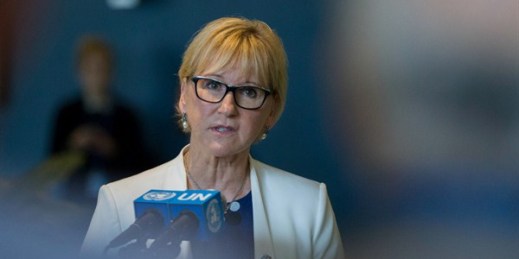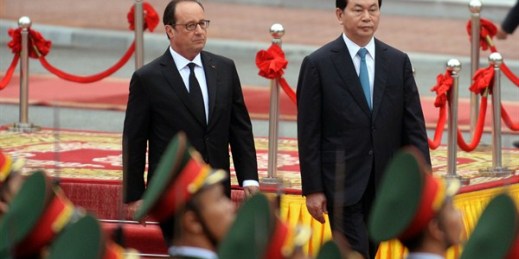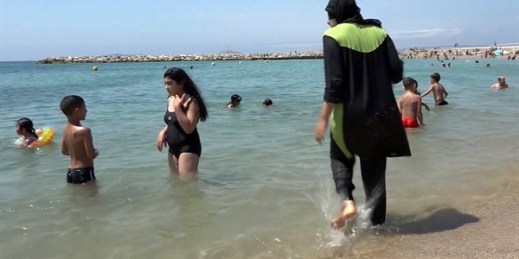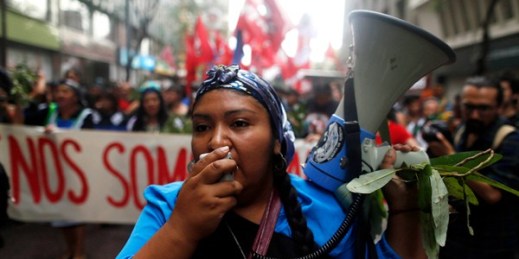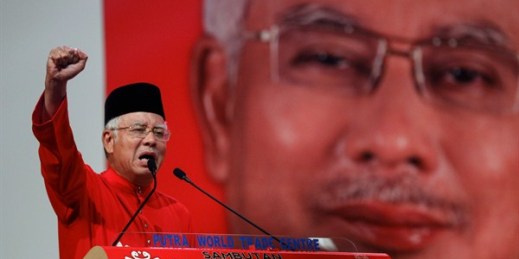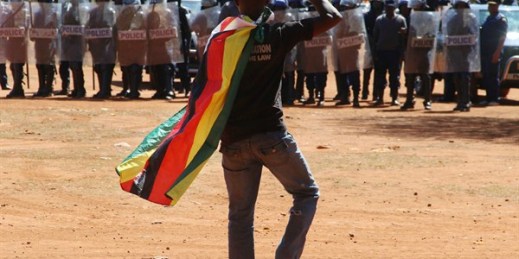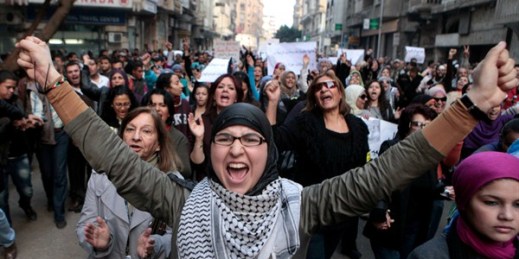
Editor’s note: This article is part of an ongoing WPR series inviting authors to identify the biggest priority—whether a threat, risk, opportunity or challenge—facing the international order and U.S. foreign policy today. The world must find a way to end violence and discrimination against women. In any other context between human beings, the endemic violence committed by men against women would be considered warfare or terrorism. But rather than being seen as a war against a segment of the population—a real genocide or “gendercide”—which it would be if the targets were not women, the violence and oppression targeting half of […]

